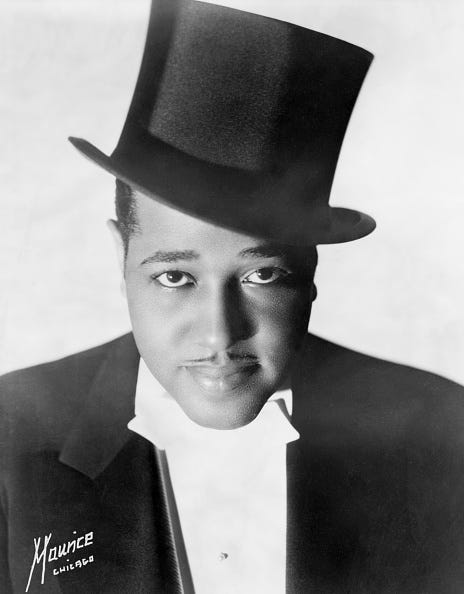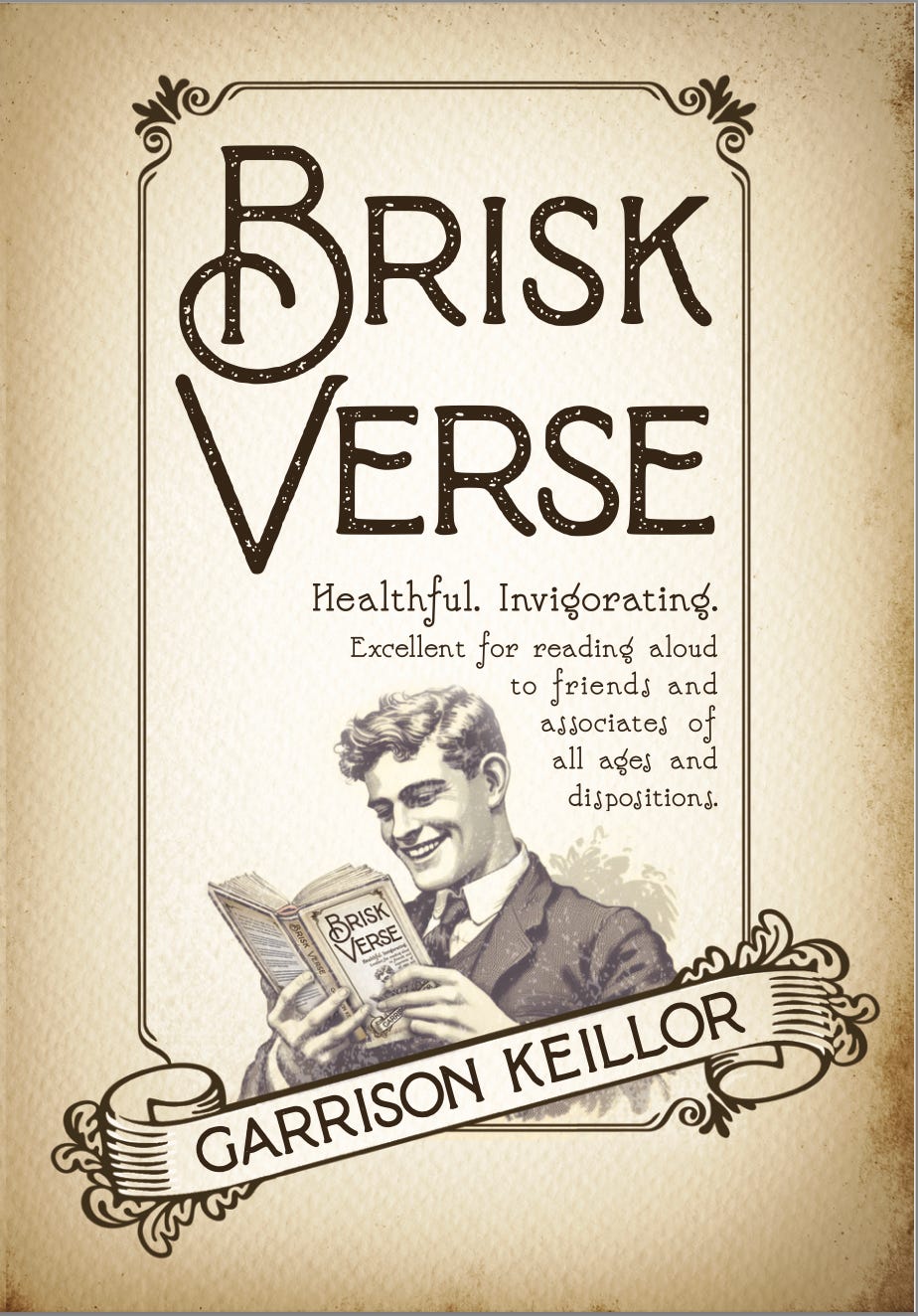The Writer's Almanac from Monday, April 29, 2013
"One Place to Begin" by John Daniel, from Of Earth. © Lost Horse Press, 2012.
ORIGINAL TEXT AND AUDIO - 2013
It's the birthday of editor Robert Gottlieb, born in New York City (1931). In 1957, 26-year-old Gottlieb was a young editor at Simon & Schuster, when the company was in turmoil and nobody seemed to be in charge. That summer, he received a 75-page manuscript for a book called Catch-18, by Joseph Heller. Gottlieb thought it was brilliant and offered to publish it. Heller and Gottlieb worked on the book for years; Gottlieb would tape pieces of the manuscript and Heller's handwritten notes all over his office walls and desk and then rearrange passages. Gottlieb was a tough editor, and he pored through every line, demanding that Heller rewrite whenever he thought it could be better.
One day, Gottlieb got the bad news that best-selling novelist Leon Uris was about to publish a book called Mila 18, and Gottlieb insisted that there could not be two books with the number "18" in the title during the same publishing season. They had a long brainstorming session and went through every possible number — they discarded "11" because it sounded too much like Ocean's Eleven, and Heller wanted "14," but Gottlieb didn't think it was funny enough. Gottlieb was so worried about the title that he lay awake at night thinking about it, and the number "22" came to him. For whatever reason, he thought it was a funny number, and Heller agreed. Later that year, Catch-22 (1961) was published, and by spring of 1963, it had sold more than 1 million copies.
Gottlieb went on to work with writers Toni Morrison, John le Carré, Salman Rushdie, V.S. Naipaul, John Cheever, and many more. He was the editor of The New Yorker from 1987 to 1992.
He said, "I have fixed more sentences than most people have read in their lives."
It's the birthday of the man who said, "It don't mean a thing if it ain't got that swing": Duke Ellington, born Edward Kennedy Ellington in Washington, D.C. (1899). His father's job as a butler paid well, his mother dressed him in fancy clothes, and so his friends gave him the nickname "Duke". When he was seven years old, a piano teacher refused to teach him, because he wouldn't stop improvising and experimenting with off-tone chords. So he taught himself to play by studying the family player piano. He said, "I never had much interest in the piano until I realized every time I played, a girl would appear on the piano bench to my left, and another to my right."
Ellington thought of his band as a musical laboratory, and he experimented with many different styles, everything from "swing" to "bop". He said, "Playing 'bop' is like playing Scrabble with all the vowels missing." He went on to compose jazz standards like "Mood Indigo" (1930). In his later career he combined jazz and classical music in works such as Black, Brown and Beige (1943), a musical portrayal of African-American history.
His autobiography was Music is My Mistress (1973), in which he said, "Jazz is a good barometer of freedom. In its beginnings, the United States spawned certain ideals of freedom and independence through which, eventually, jazz was evolved, and the music is so free, that many people say it is the only unhampered, unhindered expression of complete freedom yet produced in this country."
Be well, do good work, and keep in touch.®
BRISK VERSE by Garrison Keillor, a collection of original invigorating verse. Read it to yourself or aloud to friends, family, or passersby. One hundred and thirty-two poems in all — diverse topics, including Brevity, Thongs, Minnesota, Manners, Mozart, Marilyn Monroe, Failure, Fatherhood, Episcopalians, Plumbing, Spaghetti, Spring, Online Love, Eighty, and the National Anthem as it might’ve been written by Whitman, Dickinson, Eliot, Frost, and other poets. Illustrated with quirky antique advertisements for tonics and gizmos. With a foreword by the author. 239 pp. Pre-order today (will ship around May 15).





